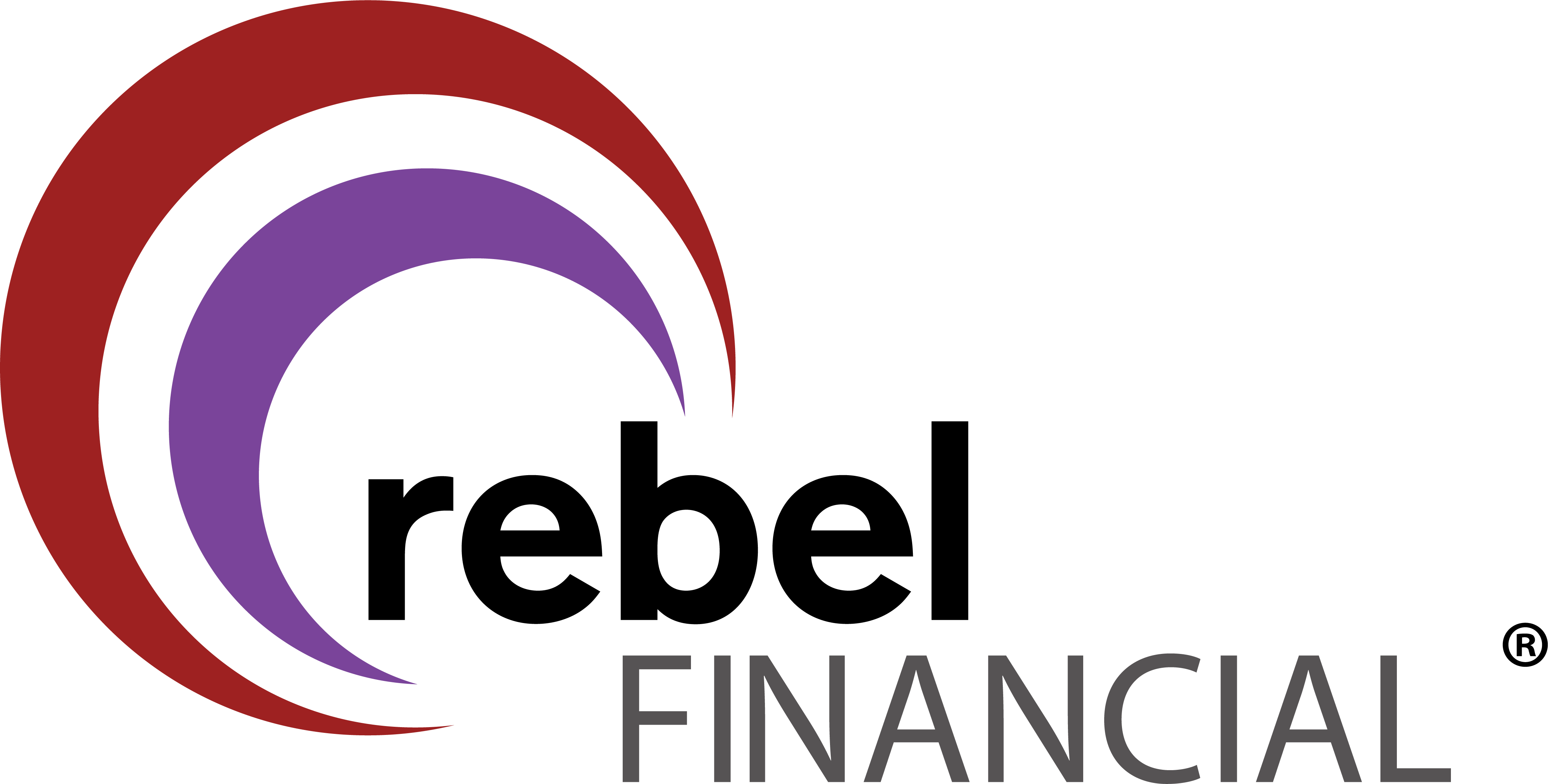When it comes to managing money, one generally has four options: save, spend, donate, or invest. These may not seem like a lot of options; however, a majority of people are only spending their money or have no idea how to start implementing the other three choices. People are not learning how to properly use their money. “American’s lack financial literacy— less than half of the U.S. requires high school students to take a personal finance course.” If people are not learning personal finance skills in school, then where are they learning them?










